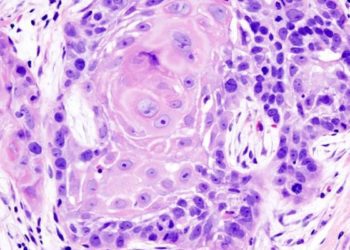Prostate cancer overscreening persists despite guideline changes
1. This retrospective cohort study demonstrated that males over the age of 70 are overscreened for prostate cancer, despite current guidelines advising against screening in this population.
Evidence Rating Level: 2 (Good)
PSA screening may reduce mortality associated with prostate cancer, though it is also associated with overtreatment, and invasive testing, and often leads to excessive worry for patients. PSA screening is not currently recommended for patients over age 70. Patients in this age group are unlikely to receive mortality benefits from interventions for prostate cancer. For patients aged 55-69, the decision to undergo PSA testing should be made via shared decision-making between the patient and their physician. This study aimed to assess rates of PSA screening for males over age 70, estimating that this population is over-screened despite the current guidelines. Researchers collected data from the 2020 Behavioral Risk Factor Surveillance System (BRFSS), including 32,306 males over age 70 who had never been diagnosed with prostate cancer. Despite current guidelines, they found that 55.3% of males aged 70-74, 52.1% of males aged 75-79, and 39.4% of males aged 80+ had PSA screening completed in the previous two years. Discussing the benefits of PSA screening with their primary care physician increased the likelihood of having completed PSA screening (OR 9.09, 95% CI 7.60-11.40, p <0.01). Conversely, discussing the risks of PSA screening did not reduce the likelihood of screening (OR 0.95, 95% CI 0.77-1.17, p = 0.60). Other factors that were significantly associated with a greater likelihood of recent screening included annual income >$25,000, having no financial barrier to accessing health care, and post-high school education. This study demonstrates that men over age 70 in the US are over-screened for prostate cancer, despite evidence that this age group is more likely to experience harm than benefits from screening. This study has important clinical implications, demonstrating that primary care providers can play an important role in reducing the overscreening of older males for prostate cancer.
Click to read the study in JAMA Network Open
Image: PD
©2023 2 Minute Medicine, Inc. All rights reserved. No works may be reproduced without expressed written consent from 2 Minute Medicine, Inc. Inquire about licensing here. No article should be construed as medical advice and is not intended as such by the authors or by 2 Minute Medicine, Inc.







